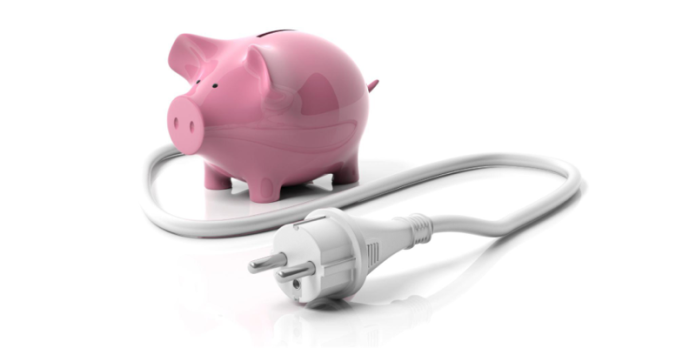Are you looking to cut down on energy costs? Then understanding the connection between hot water systems and energy efficiency is a great place to start. In this article, we will explore the factors that affect energy consumption and provide analytical insights on how to make your hot water system more energy-efficient.
As an example, we will reference the Rinnai hot water system, which is one of the most efficient systems on the market and can help you shrink your energy bill.
Understanding Hot Water System Energy Consumption
Understanding the energy consumption of your hot water system is essential to reducing your energy bill. Hot water systems are one of the largest energy consumers in most households, ranging from 15% to 27% of total energy usage.
The amount of energy consumed by your system depends on various factors such as the type of system you have, its size, and how efficiently it operates. For example, traditional storage tank systems tend to be less efficient than tankless systems because they constantly heat and store water, even when not in use. On the other hand, tankless systems heat water on demand, eliminating the need for standby energy consumption.
By understanding how your hot water system consumes energy, you can make informed decisions to improve its efficiency and ultimately reduce your energy bill. For example, Rinnai’s hot water system review shows that their tankless systems are highly efficient and can help homeowners save on energy costs.
Factors Affecting Energy Efficiency in Hot Water Systems
This post discusses the significant role hot water systems play in a home’s overall energy efficiency.
The type of insulation used, the efficiency of the water heater, and the temperature settings of the hot water system all play key roles in optimizing the energy efficiency of a home.
Proper insulation is essential to minimize heat loss and maximize energy efficiency, as studies have shown that using high-quality insulation can reduce energy consumption by up to 45%.
Additionally, upgrading to a modern water heater can result in significant energy savings. Lowering the temperature by just a few degrees can also significantly reduce energy consumption over time.
As an example of a highly efficient system that can help homeowners save on energy costs, consider the Rinnai hot water system review.
Overall, considering these factors can help homeowners make informed decisions to optimize the energy efficiency of their hot water systems.
Practical Tips for Improving Energy Efficiency
Hot water systems play a significant role in overall energy efficiency in your home. By taking practical steps to improve the energy efficiency of your hot water system, you can save money on your energy bills.
One way to improve the energy efficiency of your hot water system is to insulate your pipes and water heater. You can use foam pipe insulation sleeves or wrap them with insulation tape to prevent heat loss. Additionally, insulating your water heater with a blanket can save you 7-16% on water heating costs.
Investing in a highly efficient hot water system such as the Rinnai hot water system can further help reduce energy consumption and shrink your energy bill.
In conclusion, hot water systems are a key factor in overall energy efficiency. When selecting a system, it’s important to consider the energy consumption of the system and take into account the factors that affect its efficiency.
Insulating pipes, using low-flow fixtures, and upgrading to energy-efficient appliances are all practical tips that can have a tangible impact on energy efficiency.
As an example, the Rinnai hot water system review is a great resource to learn more about highly efficient systems that can help you save money and reduce your energy bill.
With data-driven strategies, you can not only save money but also contribute to a more sustainable future. So start implementing these changes today and enjoy the benefits of a more energy-efficient hot water system.















